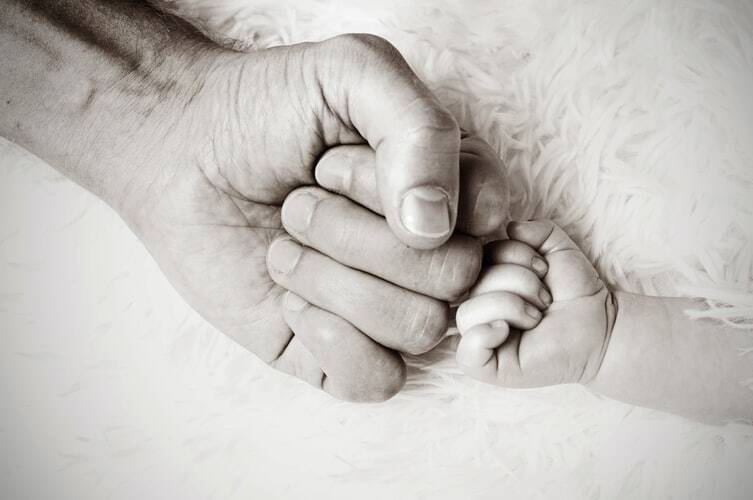
Evidently due to the presence of a large number of neurons in the cerebral cortex, people live longer and spend a lot more time developing and maturing than other species. As a result, our parents exert great power over our lives. Not only did they bring us into the world, but in the majority of cases we spend more or less 18 formative years in their care. In situations where the parents were present and did a good job, the children benefit greatly. In situations where absent or did not do a good job, the children suffer. The strong emotional attachment people have with their parents, even as adults, means they are liable to get hurt, which is true of any close relationship where a degree of vulnerability is present.
Due to issues in our upbringing and adult interactions, a lot of us walk around with resentment toward our parents. Sometimes it is explicit and open, while other times it subtly lurks beneath the surface. In either case, it is harmful to our physical, emotional, and spiritual health. Our parents, after all, are supposed to represent God to us. They are our first experience with authority, and they shape our lives in tremendous ways. Some people have experienced physical, emotional, and sexual abuse at the hands of their parents. My heart goes out to those people. Most of us, however, grew up with at least one parent who was more or less loving, albeit in situations that were far from ideal, because life is not perfect. And we make additional experiences and memories with our parents, positive and otherwise, during our adult years.
Today, if we have a hard time forgiving our parents, we can meditate on these five truths:
1. We are quick to remember the bad and slow to remember the good.
All those dirty diapers our parents changed, the times they stayed up late and got up early with us, the times they took us to and from school and activities and took care of us when we were sick. Today, if we feel resentful toward a parent, we can think of all the good things they did for us, even things that we have long forgotten about.
2. Our parents more often than not did the best they could
Most parents have good intentions. The flaws they exhibit are typically the result of flaws in their own upbringing and life experiences. Even absent “parents” typically regret the fact that they were not there for their kids. We practice understanding when we learn the factors that led our parents to be the way they are. And we extend grace when we give them the benefit of the doubt.
3. There are no what ifs in life
Sometimes, we think “I would be here in life, if only my parents had done x or had not done y.” This flawed line of thinking leads only to regret. The same parents who gave us life treated us the way they did, both the good and the bad. It may help to think of our parents like the weather. We cannot control the weather; we just accept it. It is a given phenomenon. If the choices our parents made were different enough, we wouldn’t even be alive.
4. If you don’t like it, change it
Resentment typically lingers where healing has not taken place; the more healed we are, the less we fixate on the past. The good news is that as human beings we have the power to overcome many things. But nobody can exercise this potential on our behalf. There is a saying I like to repeat: while our pain isn’t our fault, healing is our responsibility.
5. Our parents will not live forever
Growing up, we consciously or unconsciously think our parents will live forever. The proof is how shocking and traumatic the thought, or reality, of losing a parent can be. Tomorrow is not promised. In the great majority of cases, our parents will pass away before we do. When our parents are gone, we will not want to wish that we had handled things differently.
Honor your father and mother is ancient wisdom and one of the Ten Commandments. I leave you with a definition of what it means to honor our parents that I found particularly helpful. I originally came across it in a meme years ago, and it still rings true today.
To honor our parents means to thank them for the life they have given us, to accept and take responsibility for what they were not able to give, to live a worthy life, and to honor their presence in our hearts.
Wisdom of the Internet
If you got something out of this article, I invite you to check out. The Story of Absalom: Resentment As The Root of Rebellion.

